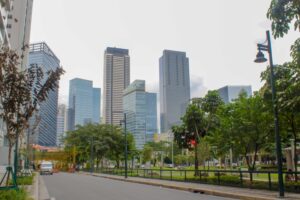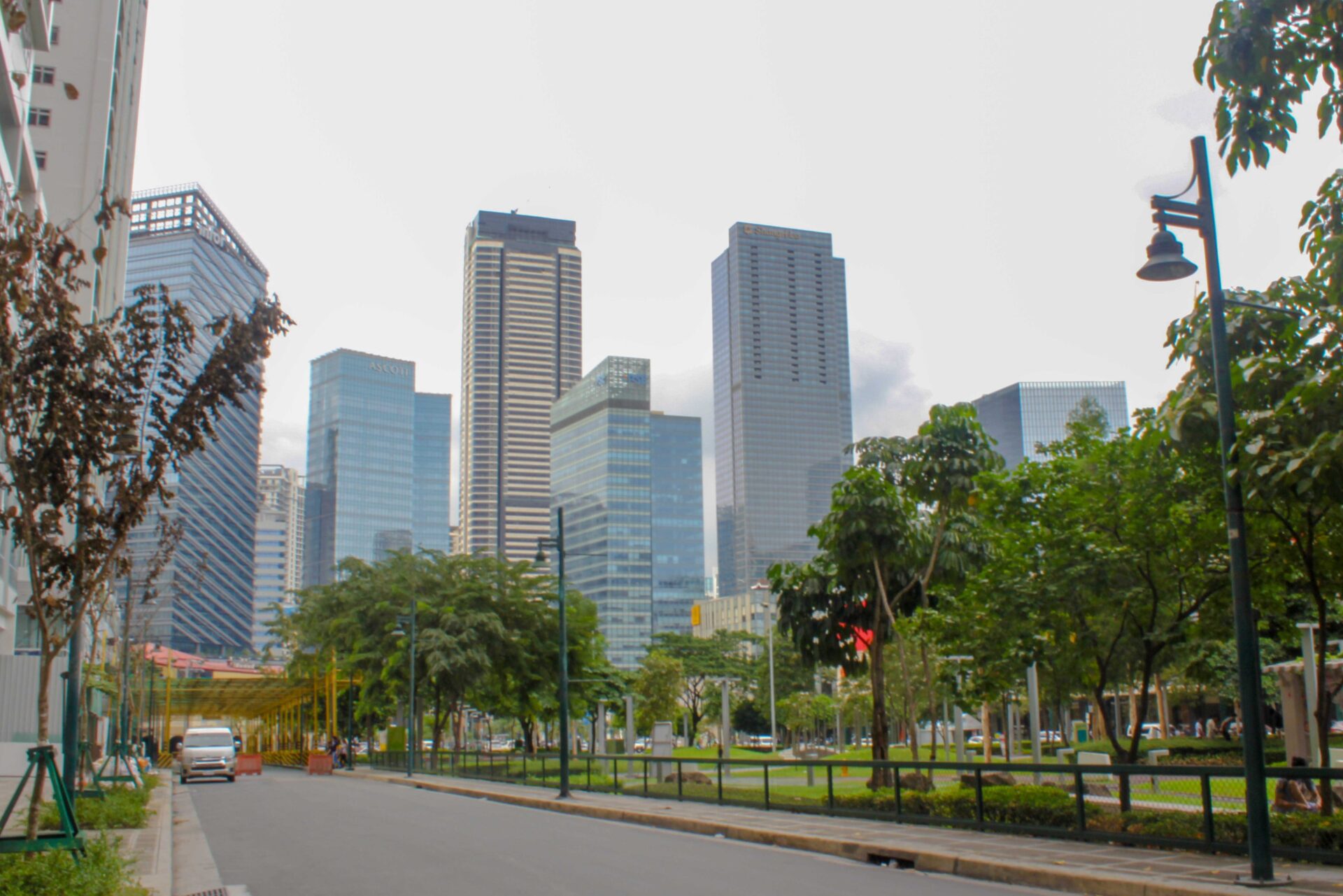Economic markets of many countries across the world have dramatically deteriorated and will suffer the scourge of the COVID-19 for some time to come.
According to research presented by the Lobien Realty Group (LRG), one of the fastest rising real estate consultancy companies in the Philippines, the outbreak of COVID-19 has adversely affected the economic growth of so many countries around the world- including those of nations situated in the Asia Pacific region. China’s economic growth diminished by -0.91 percent because of the spread of COVID-19 during the first quarter of 2020. Similarly, both Indonesia and Singapore encountered economic growth reduction of -0.26 percent. As indicated by a report from World Bank, Southeast Asian nations like
Thailand and Malaysia will need to strategize on how to manage their losses, while Vietnam could be fortunate enough that its economic activity’s decrease is just below average.
In the Philippines, the battle against COVID-19 has yet to be won as it continues its Enhanced Community Quarantine in Metro Manila, the whole of Luzon and other parts of the country. Based on statistics, NCR has the greatest number of infected cases- followed by CALABARZON and Central Luzon.

The impact of the COVID-19 pandemic on the Philippine economy has been significant. According to Oxford Economics, the projected growth of the Philippine economy is down to 3.9% in 2020, from its original estimate of 5.9%. LRG reports that the Philippines’ Real Estate industry, in particular, has been seriously impacted by COVID-19 as the pandemic effectively put a stop to the operations of most businesses. These include the Philippine Offshore Gaming Operators or POGOs which has been occupying 1.14M sqm of office space since 2016; the Business Process Outsourcing (BPO) Industry which had a recorded office take up of 400,000 sqm in 2019; and, traditional offices which leased 370,000sqm last year.
The Metro Manila Office Market
Available Supply and Rental Rates in Metro Manila have gone up with total office supply growing by 900K sqm in 2020.Average Rental Rate has increased by 9% from Php 1,060/sqm to Php1,160/sqm. A total of 900K sqm of new office space is set to be available in the market this year. As of March, 350K sqm has been leased out already by different business industries.
However, COVID-19 has slowed down the office market considerably, especially in Metro Manila. LRG says there is a certain decline in expansion of POGO due to the travel ban imposed by the government and extended ECQ. Projected POGO Office Demand this 2020 is 200 000 sqm less as contribution from POGO is expected to slip by USD 0.8 Billion (or around 0.2% of GDP). BPOs, another hardest hit industry, may soon scout for alternative business locations in the emerging provincial hubs which offer more competitive rental rates and lower labor costs and have become sites of new government infrastructure projects. Traditional offices, on the other hand, may also seriously consider work from home arrangements that can possibly lower their overhead cost.
LRG, however, predicts that there could be an improved demand for office space by 2021 at a minimum of 700,000 sqm across Metro Manila, provided that the COVID-19 outbreak will be contained by 2H 2020. The demand for office space will be revived towards the latter part of the year once existing and new POGO companies as well as BPO companies continue their growth all over the country. LRG says there may even be a stronger demand from the BPO sector as a result of global companies’ need to outsource their businesses while their countries battle the destructive effects of the coronavirus.
Provincial Office Market
Currently, there is a 15% vacancy across all provincial business districts. A total of 257,000 sqm of new office space is set to be available in the Provincial Market this year. As of March, 36,000 sqm has been leased out already by different business industries. The average rental rate for provincial business hubs is at Php 606 per sqm, which makes it more affordable than Metro Manila.
The Residential Market
A total of 15,500 units are expected to be added in the residential supply of Metro Manila in 2020. Take-up will likely soften due to international travel restrictions which affect both local and foreign investors. Majority of condominium units being constructed are geared towards the Mid-End market (PHP 6M-9M). Prices in the secondary market are expected to decrease from its market value. Price appreciation will remain inactive depending on how the market will stabilize from the ECQ. Reduced demand due to travel restrictions from across different regions and local unemployment is likely to increase sharply.
Prices of new and upcoming residential properties will remain at pre-ECQ levels. There is an opportunity for the secondary market to grow as less affluent property owners dispose their assets for liquidity.
The Retail Market
The retail industry is the most affected sector by the (ECQ) in Luzon. Consumer spending for essential goods has increased while non-essential goods and businesses are suffering due to sales revenue loss.
As a result, E-Commerce will drive the consumer and retail industry for the majority of the year. However, shopping malls will gradually recover after the ECQ with more stringent measures on mall sanitation, mall personnel and patron’s hygiene and social distancing in place.
Tourism and Hospitality Market
Since the beginning of the ECQ, Metro Manila hotels immediately dropped its overall occupancy rate to 35% from 74% as of 3Q 2019. LRG predicts, however, that post COVID-19, the tourism and hospitality industry will be revitalized but will most likely be governed by new regulations in terms of allowable capacity or number of guests for every given period. Top quality sanitation procedures will place a premium on an establishment and will be one of the critical selection factors of customers
The COVID-19 pandemic has, undoubtedly, caused a considerable impact on the Real Estate Industry but LRG expects that the industry will recover in due time. With the united effort of the government, businesses, and the people of the Philippines in the fight against the pandemic, COVID-19 will soon be a nightmare of the past. As long as the lessons learned from this adversity are not forgotten nor ignored, LRG remains optimistic about the future of the Real Estate Industry and the Philippine economy.




